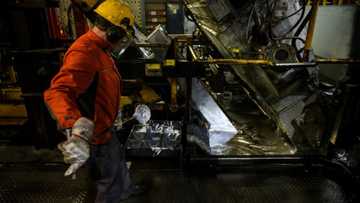'It hurts': DR Congo currency drops amid war spending, arrears payments
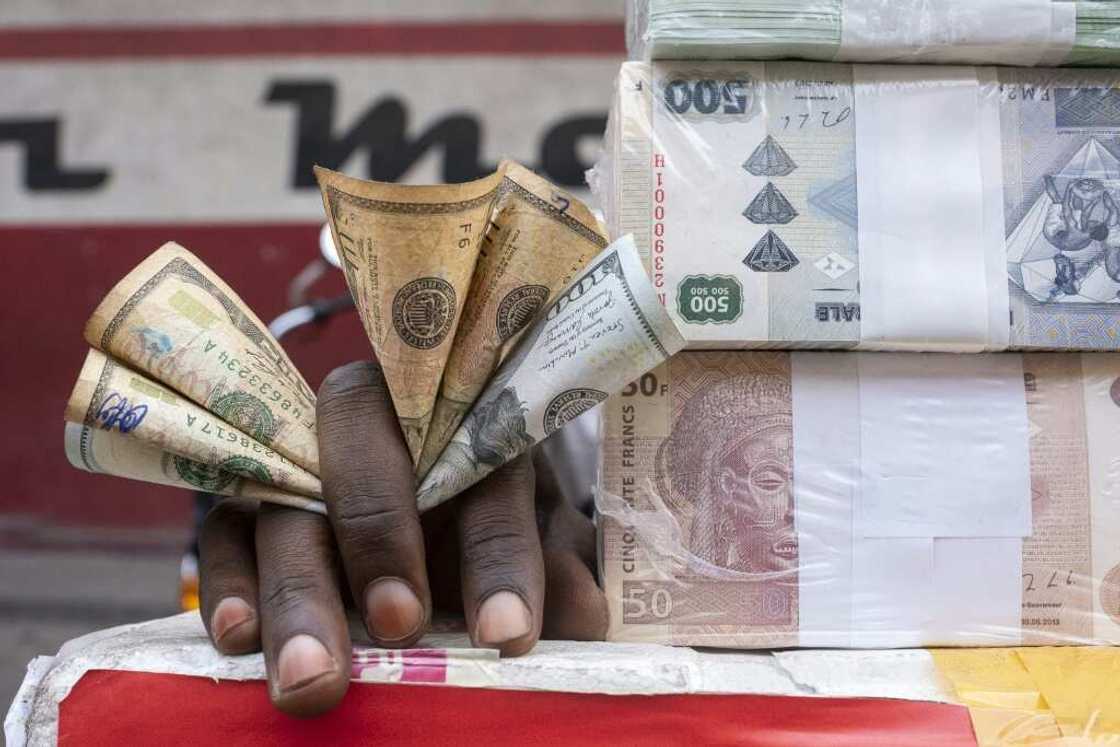
Source: AFP
A falling local currency, salary arrears payments and war spending have pushed up prices in impoverished Democratic Republic of Congo, leaving locals struggling to afford basics.
Since the new year, the Congolese franc has depreciated about 15 percent against the US dollar, according to official figures and money changers, hitting the poorest hardest.
Several people interviewed by AFP said that in some cases prices had risen much higher, doubling or more.
The price hikes follow increased government spending to battle the M23 rebel group -- which has captured swathes of territory in eastern Congo since last year.
Add global inflation and an economy reliant on imports and US dollars, and many Congolese are feeling the pinch.
Standing in the mud in a market in the capital Kinshasa, Bibiche Musabili brandished a bushel of sweet-potato leaves -- a local staple used in stews, known as matembele.
PAY ATTENTION: Follow us on Instagram - get the most important news directly in your favourite app!
"We used to buy this for 500 francs ($0.25). It's become 3,000 francs," said the woman.
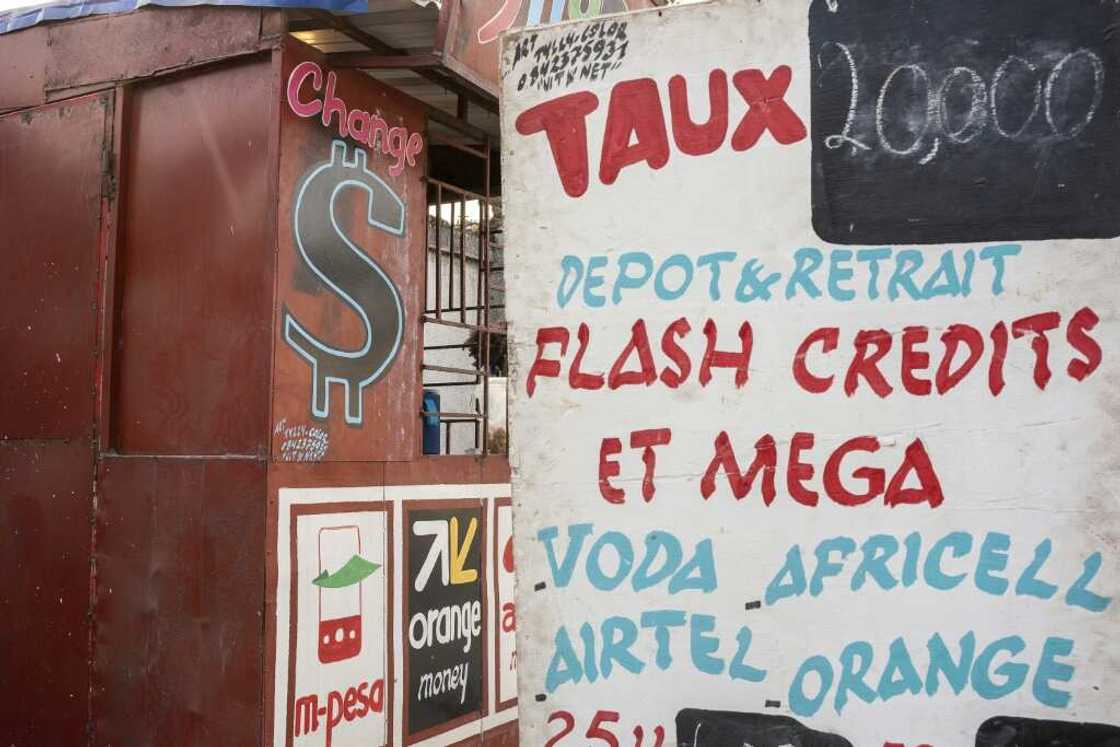
Source: AFP
"What are we to going to do?" added Musabili, who said her children were going hungry.
Two thousand Congolese francs usually trade for $1. The exchange rate has risen to more than 2,320 francs per dollar, according to the latest central bank figures.
About two-thirds of the DRC's population of 100 million people live on less than $2.10 a day, according to the World Bank.
Dollar dominance
The International Monetary Fund said in February that the DRC increased spending in 2022 to respond to the conflict in the east, as well as to pay salary arrears.
Inflation was already running at 13 percent by the end of last year, owing partly to the economic fallout of Russia's invasion of Ukraine.
The DRC's late 2022 spending spike led to a flood of Congolese francs on the market, and a surging demand for dollars, according to an economic expert following the situation closely.
The central African nation has one of the most dollarised economies in the world, a legacy of runaway inflation during the rule of former dictator Mobutu Sese Seko.
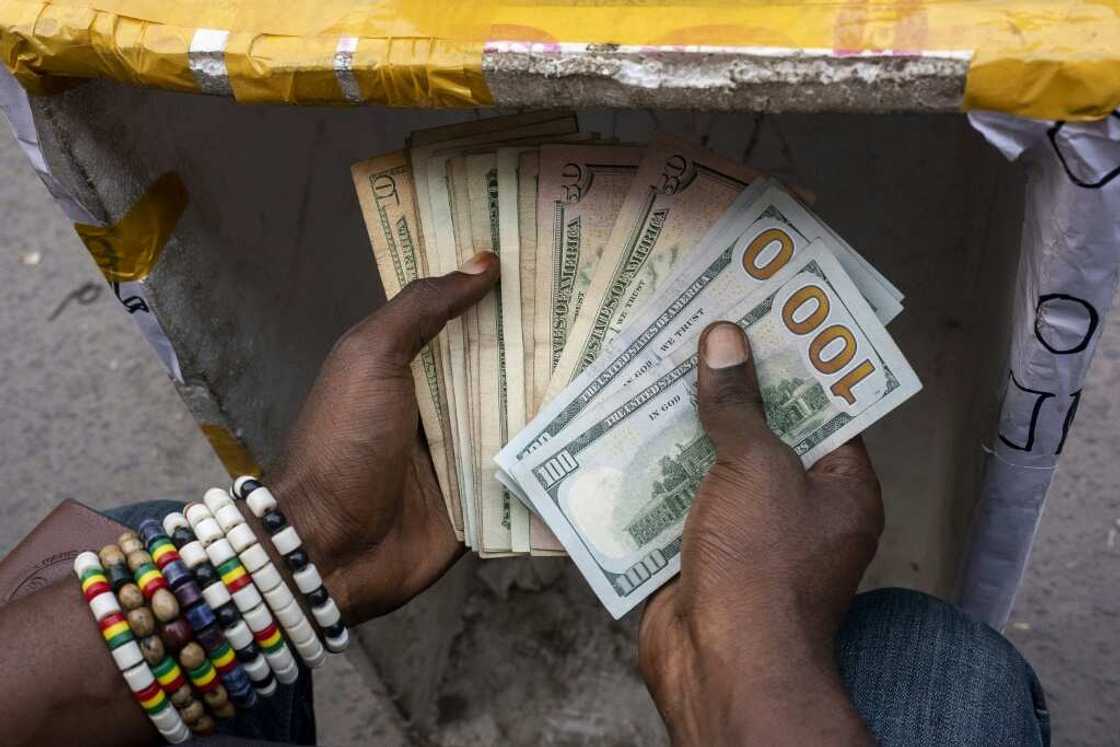
Source: AFP
Dollars are universally accepted in restaurants and shops, and most significant purchases are made using the currency.
The economist, who declined to be named, said that government spending had gone on imports likely related to the conflict, as well as on salary arrears for public servants.
The arrears were paid in francs, which led to a rush of people seeking to exchange the money for dollars, he said.
"The banks weren't able to provide enough dollars, hence the depreciation," added the economist.
'Supply and demand'
In a money-changing district in Kinshasa, currency dealers also said the market was awash with Congolese francs.
"It's the law of supply and demand," said one dealer, Mamman Mireille, sitting beside wads of banknotes, who explained that clients were looking for dollars.
The Congolese government has vowed to stabilise the currency, but the franc's falling value has already spurred anger.
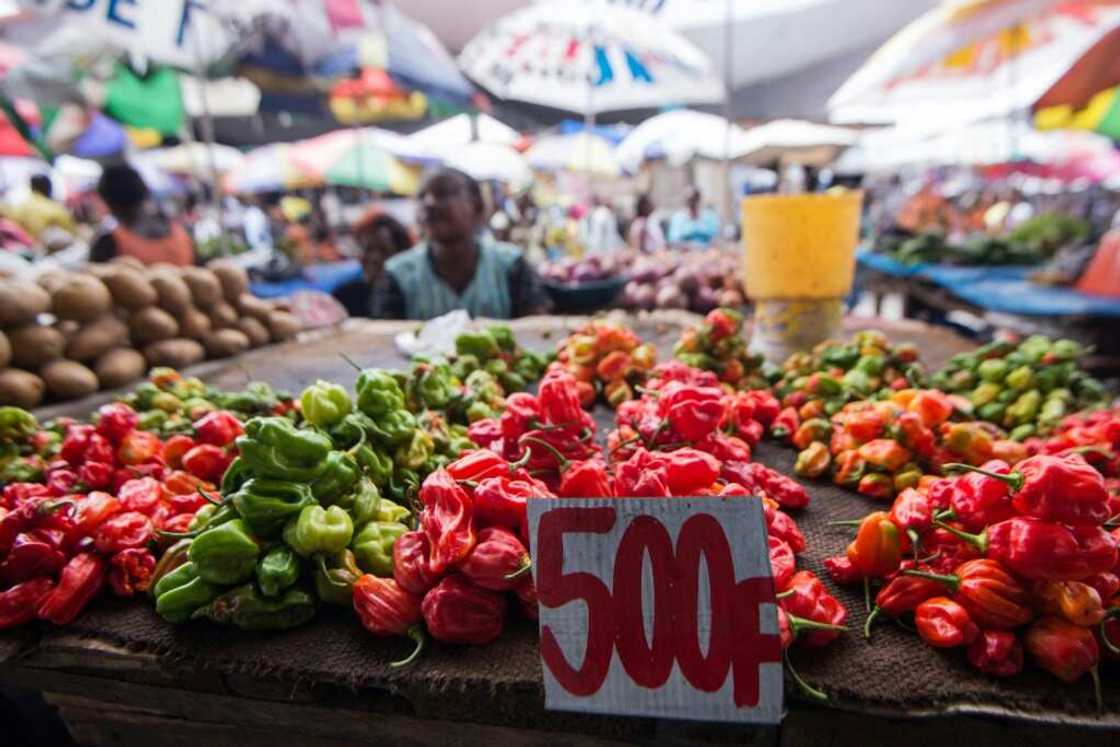
Source: AFP
Recent opposition demonstrations in the capital saw protesters carrying placards decrying the price of bread, for example.
Transport fares in the megacity of an estimated 15 million people have also risen.
Herdi Lomboto, a 19-year-old business student waiting for a collective taxi downtown, said his trip home cost 500 francs not long ago -- now it is between 1,500 and 2,000 francs.
"It hurts," Lomboto said, explaining that his parents were scrambling to find the money to meet the extra costs.
Source: AFP



